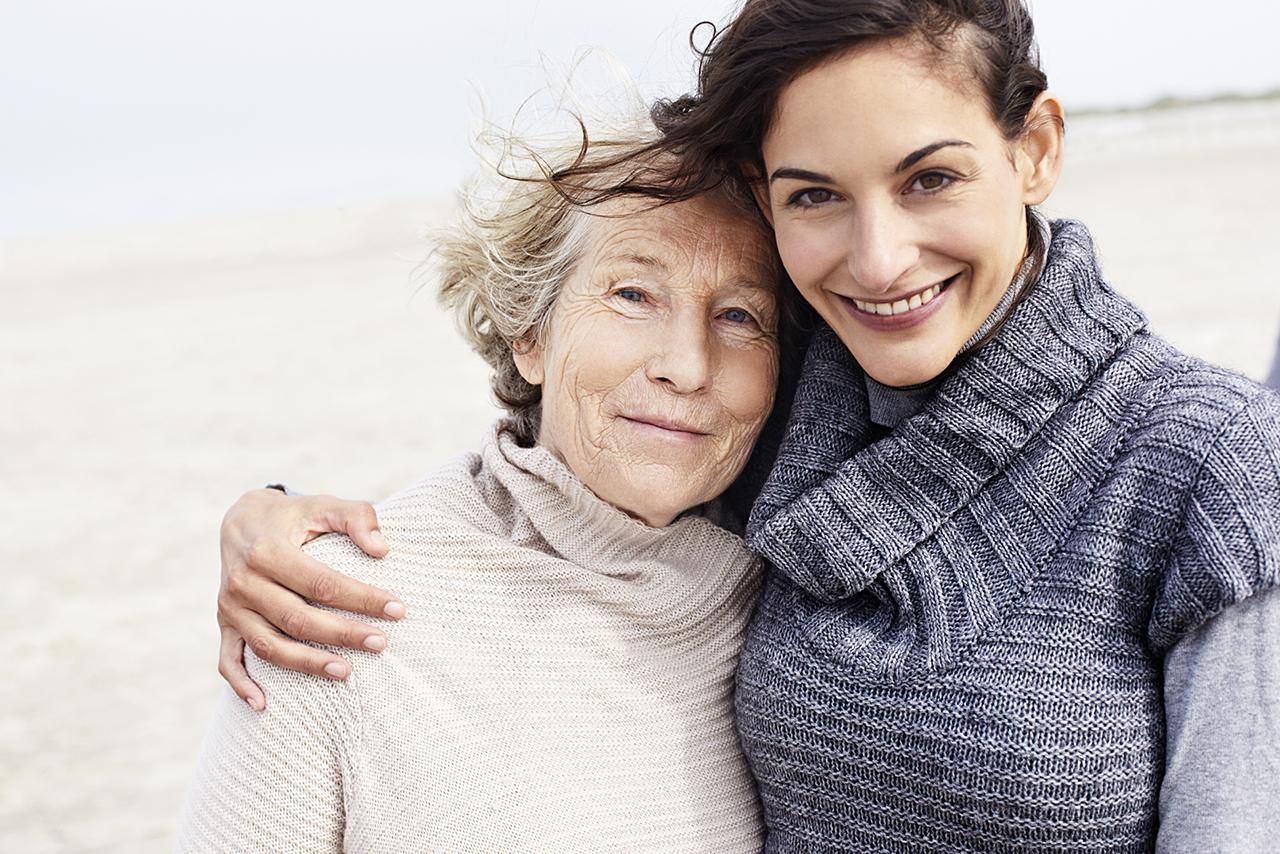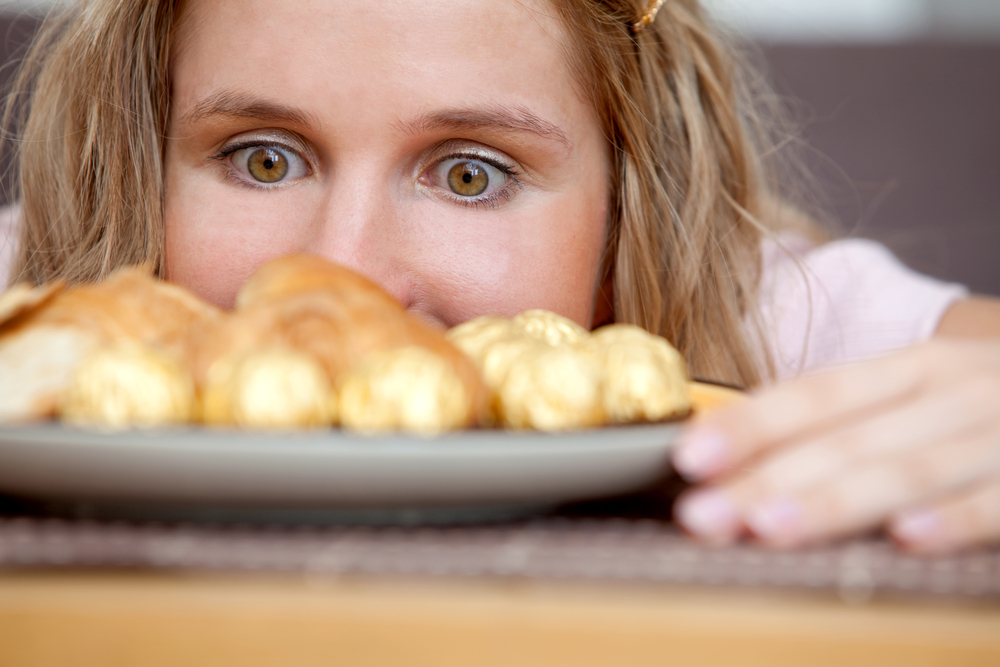Endometriosis: Michelle’s story
“After I had my son Leo, I didn’t go back on the pill. I’d been taking it since I was 14 and, looking back, I think it masked my endometriosis symptoms”, says Michelle.
Symptoms of endometriosis
In endometriosis, cells of the womb lining appear elsewhere in the body, for example around the bowel. They bleed in response to the menstrual cycle, causing pain, swelling and scar tissue (adhesions). Symptoms vary, and some women don’t notice any at all, but for others it’s unbearable.
Says Michelle: “My periods had always been painful but not intolerable. Although I had irregular bleeding when I was 18 or 19, nobody mentioned endometriosis. They changed my contraceptive pill to see if that would help, and the results of a cervical smear test showed irregularities. This led to a colposcopy (a procedure that examines the cells in the womb), and pre-cancerous cells were removed.
“I’d also had trouble with my bowels – bloating, diarrhoea and sometimes bleeding. I know now that these can be symptoms of endometriosis.”
Read more about endometriosis symptoms.
“At 25 I came off the pill to start my family. I got pregnant quickly, but miscarried. My second and third pregnancies happened soon after, and although Alana and Leo were premature, they’re both fine.
“After having Leo, my periods were heavier and I gradually started becoming unwell. The main symptom was fatigue. Pushing the baby buggy up a hill was exhausting.
“Then, last summer, I had severe pain during intercourse. Endometriosis adhesions are fibrous, like a web, and can join organs together. Apparently my ovary is attached to my bowel, and this could be causing the pain. I also had a bad bout of bleeding after sex. I bled for about a week.”
Unusual bleeding is a sign of endometriosis
“The first GP I saw told me to wait and see what happened, but I didn’t want to do that, so I saw another doctor. He gave me medication to stop the bleeding, sent me for an ultrasound scan and referred me to a gynaecological consultant. The scan showed a small cyst on one of my ovaries, but they said this was nothing to worry about.
“At my consultant appointment, I was referred for a laparoscopy (a surgical procedure in which the abdomen is examined with a tiny camera). It’s the only way to diagnose endometriosis definitely. When I went back for my follow-up, the consultant said, ‘Well, you’ve got endometriosis’,” recalls Michelle.
Endometriosis treatments
“I’d never heard of it. He didn’t really explain what it was, but said they’d put me in a fake menopause with injections of a drug called Zoladex plus hormone replacement therapy (HRT) to combat side effects such as hot flushes.
“I was hurrying to pick up the kids from nursery, and I think I was in shock because I didn’t ask any questions, which isn’t like me. I had the injection, and when I got home I thought, ‘What have I done?’.
“The injection helped reduce the pain during sex, but it affectedly me badly. At first I felt great. I had so much energy. But it soon got worse. I was exhausted and emotional. I felt as though I had premenstrual syndrome every day. My bowels caused problems, and I became really bloated.
“After two months I came off the HRT and felt better. I stayed on Zoladex for four months, and stopped having periods during that time. I’ve been offered another course of Zoladex, but I’ve decided to wait for a few months before taking it.”
Read more about endometriosis treatments.
Living with endometriosis
Michelle is now trying to live life with endometriosis as naturally as she can.
“I want to let my menstrual cycle get back to normal, and I’m keeping a diary of my symptoms so I can relate them to my cycle. I’m trying natural ways to improve my health. I eat more healthily, I’ve stopped having caffeine, I’m jogging, and I feel much better.
“The pain during sex has returned, which is disappointing.
“If a woman has been diagnosed with endometriosis, I’d want to reassure her that she’s not alone. People worry about how the illness will progress, but it’s different for everyone.
“If you go to internet message boards and read about people who have a very bad experience of endometriosis, try to be objective. There will be people who no longer write messages because they feel better and are getting on with their lives.”




